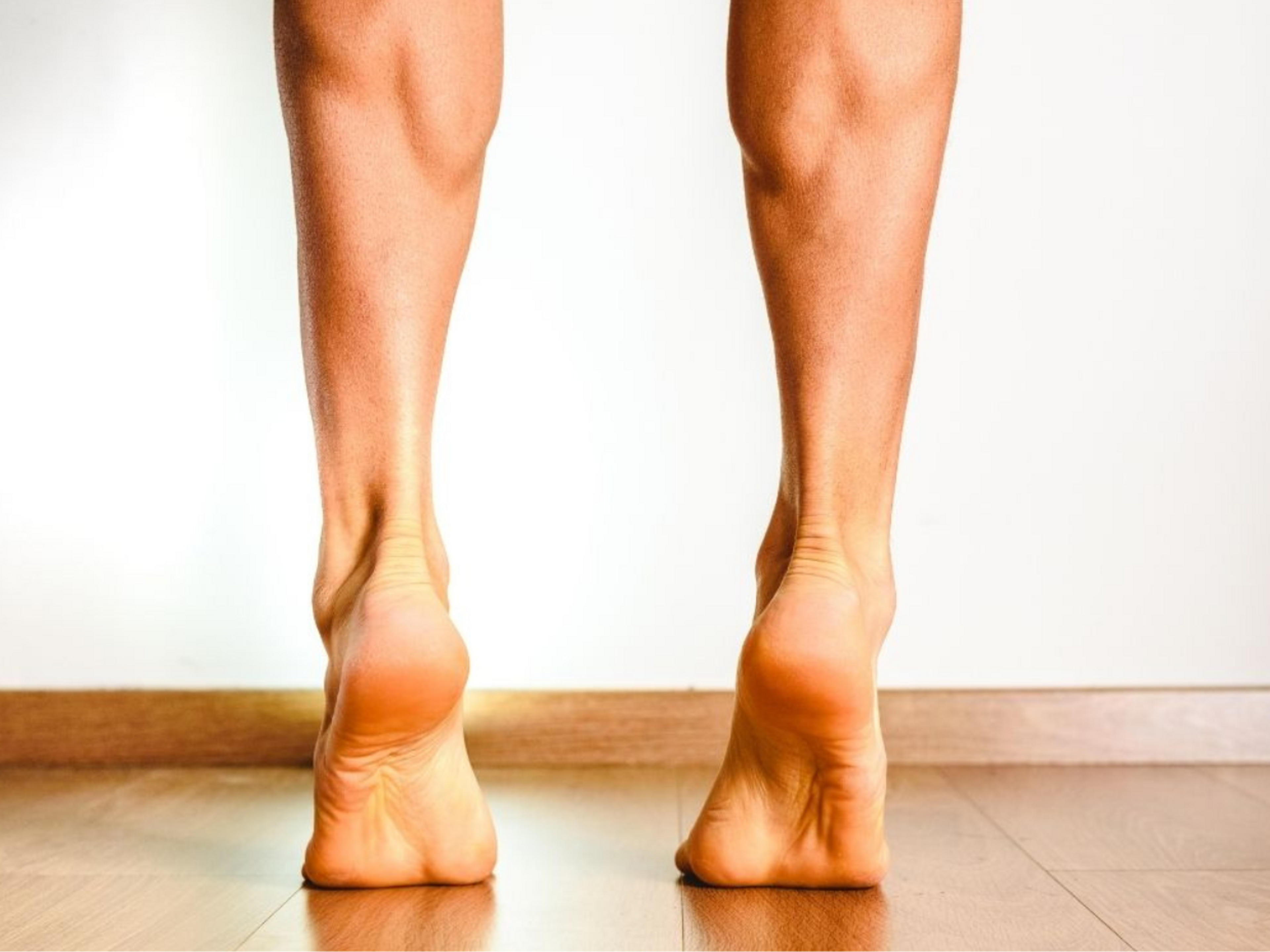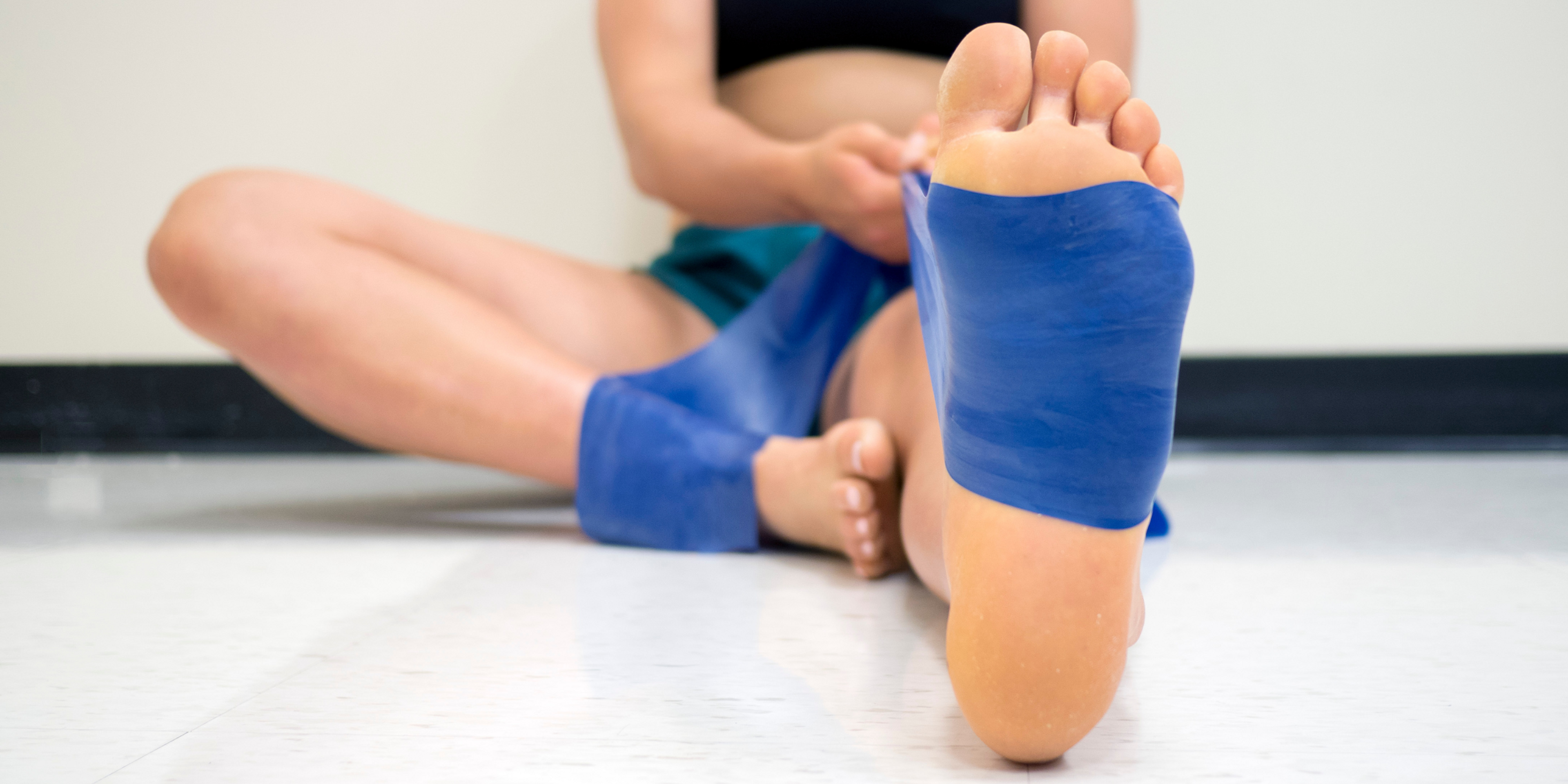How can a physical therapy app treat sports injuries?
Research shows the most effective way to treat most sports injuries is with the correct combination of rest and exercise (active therapy). Passive therapies, like massage, only provide temporary symptom relief.
This article explains how our app leverages the same knowledge, logic, and coaching skills as your in-person physical therapist to guide you through your running injury rehabilitation process safely.
The app provides active therapy
App-based rehabilitation does not suit all types of injuries because some require in-person consultations with physical therapists.
Our rehabilitation plans cover injuries proven to get the best recovery results from an active therapy approach.
The app does not cover injuries requiring passive therapies for a safe return to running.
The research on active therapy
Our advice and recommendations are always based on the most up-to-date research. You can find all injury research references for each rehab plan in the app settings or on the Rehab Plan pages on our website.
The experts designing and writing the rehab plans in the app are sports physical therapists with over a decade of experience in the field.
Highly skilled in telehealth and in-person consultations, they understand that no two people are alike. They also know firsthand the value of providing customized plans to accommodate individual needs - successful recovery relies on this.
Fully personalized physical therapy rehab
Our specialist rehab team designed the app by applying the same reasoning they use during in-person and telehealth consultations.
This includes:
- Prescribing the most appropriate exercises for an individual
- Adapting each exercise in response to symptom changes
- Determining when someone is ready to progress to the next stage of rehab
How the app helps you master relative rest
When you have an injury, your body loses some strength and endurance in the injured area. Therefore, complete rest is unhelpful because it can cause you to lose more muscle power and lengthen your recovery period.
To help you recover, you should keep active but adapt or reduce your activities to your current strength level. This is known as relative rest.
Research shows that people who practice relative rest tend to recover more quickly and with fewer complications than those who rest completely for extended periods.
The app's rehab plans help you master relative rest by:
- Starting you with very gentle exercise workouts
- Using your post-workout feedback to suggest appropriate exercise progressions and rest recommendations
- Teaching you how to interpret changes in your symptoms and adapt your exercises accordingly
- Providing guidance on how to safely introduce cross-training and other activities
- Suggesting when to seek medical advice
How the app safely prescribes exercises
The app provides strength training exercises to help restore your strength and endurance after an injury. It also includes exercises to improve your flexibility and balance and optimize your movement patterns and control, which helps prevent future injuries.
For best results, these exercises must start at an easy level and slowly progress as your injury recovers, and your body gets stronger.
The rehab plans in the app follow the same exercise progressions that a physical therapist would use when you consult them in a clinic. The app sets specific rehab targets at each stage of your recovery, helping to ensure you're safely ready to move on to the next phase.
Our physical therapists set these targets to produce the best results based on extensive rehab knowledge and clinical experience.
Other treatment options
You might have heard or read about other treatment options. So how can you combine active therapy with passive therapy options? And how successful are they?
What about passive treatments, like a massage?
Massage may reduce your pain by making you feel more relaxed and comfortable and helping you sleep better. But, research shows it cannot restore your injured body part's strength or speed up your healing.
The pain-reducing properties of massage are also short-lived, ranging from a few hours to a few days. For long-term recovery, you need active therapies that target the underlying causes of your pain.
Massage can help support active therapy if pain stops you from doing your rehab exercises. However, it's not helpful on its own or necessary for recovery.
What about other treatments?
In the injury overview section of the app, you'll find a list of all the treatment options that the latest evidence supports and what’s recommended for your specific injury.
There, we also explain how our experts incorporate evidence-based therapy suggestions into the rehab plans.

